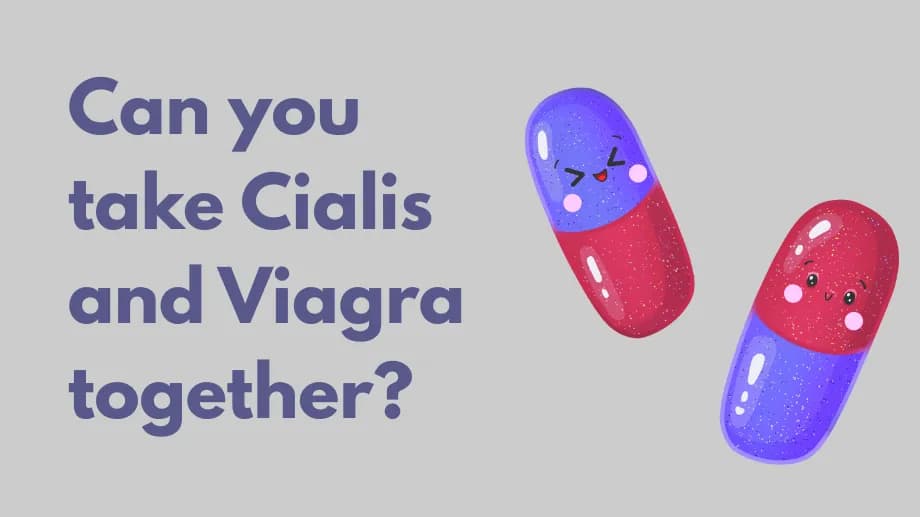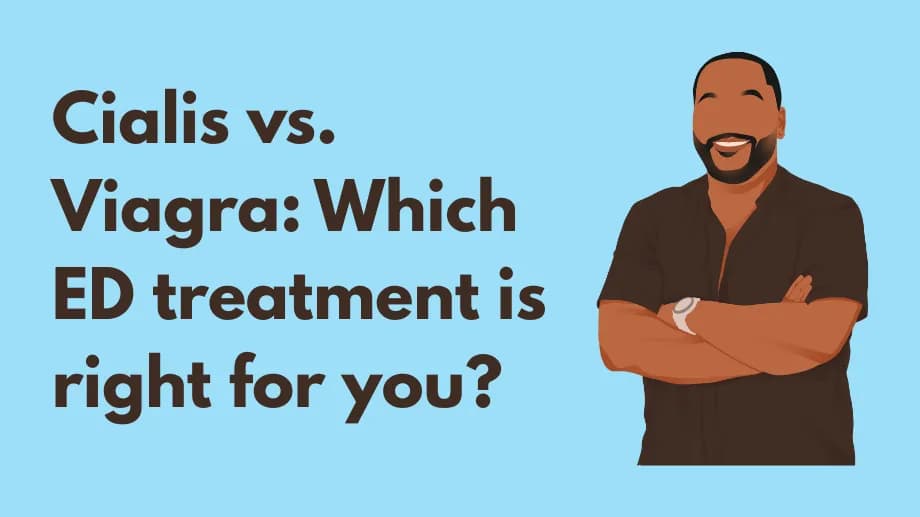What is erectile dysfunction?
Erectile dysfunction (ED) is a medical condition where a man has difficulty achieving or maintaining an erection firm enough for sexual intercourse. It is the most common sexual problem reported by men and affects as many as 30 million men in the United States.
ED can result from health problems, emotional issues, or both. Physical causes include heart disease, diabetes, hormonal imbalances, neurological conditions, chronic illnesses, and side effects of certain medications. Emotional factors include stress, anxiety, depression, relationship issues, and performance anxiety.
Treatment options vary depending on the underlying cause and can include lifestyle changes, counseling, medications, vacuum devices, or surgery. It is important to consult a healthcare provider if you are experiencing erection problems or other sexual dysfunctions.
What are the causes of erectile dysfunction?
Physical causes
- Cardiovascular diseases such as atherosclerosis
- Diabetes, affecting nerve health and blood flow
- High blood pressure, damaging blood vessels over time
- High cholesterol, leading to reduced penile blood flow
- Obesity, which increases risk of diabetes and vascular disease
- Hormonal imbalances such as low testosterone
- Peyronie’s disease, causing scar tissue and painful curvature
- Neurological conditions like Parkinson’s disease, multiple sclerosis, or spinal cord injury
- Medications including antidepressants, antihistamines, and certain blood pressure drugs
- Substance abuse of tobacco, alcohol, or illicit drugs
- Sleep disorders such as sleep apnea
Psychological causes
- Everyday stress and performance anxiety
- Anxiety and depression affecting sexual desire
- Relationship problems reducing intimacy and arousal
Other factors
- Aging, as older men more often have contributing health issues
- Injuries to nerves or arteries controlling erection
What are the symptoms of erectile dysfunction?
- Difficulty achieving an erection despite sexual arousal
- Trouble maintaining an erection long enough for intercourse
- Reduced sexual desire or libido
- Stress or anxiety about sexual performance
- Relationship strain and low self-esteem
When to see a doctor
Consult a healthcare provider if:
- Erectile or sexual performance problems persist for more than a few weeks
- ED is causing stress, low self-esteem, anxiety, or depression
- There is concern about heart disease, diabetes, or other conditions linked to ED
How is erectile dysfunction diagnosed?
- Medical and sexual history review to identify underlying conditions and performance details
- Physical examination checking hormonal signs, penile anatomy, and circulation
- Psychological assessment of stress, depression, and relationship dynamics
- Blood tests for diabetes, cholesterol, hormone levels, and organ function
- Urinalysis to detect diabetes or other health issues
- Nocturnal erection testing to distinguish physical from psychological causes
- Penile Doppler ultrasound to evaluate blood flow
- Referral to specialists such as urologists, endocrinologists, or psychologists when needed
How is erectile dysfunction treated?
Lifestyle changes and behavioral therapy
- Improving diet, exercising, quitting smoking, reducing alcohol, and losing weight
- Counseling or therapy for stress, anxiety, depression, or relationship issues
Medications
- Oral PDE5 inhibitors such as sildenafil (Viagra), tadalafil (Cialis), vardenafil (Levitra), and avanafil (Stendra)
- Penile injections and urethral suppositories of alprostadil
- Testosterone replacement therapy for low hormone levels
Medical devices
- Vacuum erection devices (penis pumps) with constriction rings
- Penile implants for cases unresponsive to other treatments
Surgery
- Vascular surgery to repair penile blood flow in selected cases
Addressing underlying health conditions
- Managing chronic diseases like diabetes, hypertension, and heart disease
Can you take Viagra or PDE5 inhibitors if you are taking heart medications?
Viagra and other PDE5 inhibitors are generally safe with most heart medications, but must not be taken with nitrates, as the combination can cause dangerously low blood pressure. Nitrates should be avoided for 24 hours after taking sildenafil or vardenafil and 48 hours after tadalafil. Co-administration with certain alpha-blockers used for prostate issues may also lower blood pressure, so dose adjustments may be needed.
Sources
- Erectile dysfunction. National Institute of Diabetes and Digestive and Kidney Diseases. Accessed Apr. 11, 2024.
- Definition & Facts for Erectile Dysfunction. National Institute of Diabetes and Digestive and Kidney Diseases. Accessed Apr. 11, 2024.
- What is erectile dysfunction? Urology Care Foundation. Accessed Apr. 11, 2024.
- Erectile Dysfunction. UCSF Health. Accessed Apr. 11, 2024.







